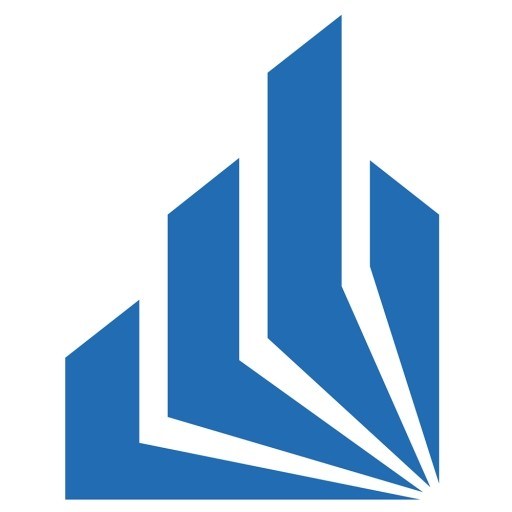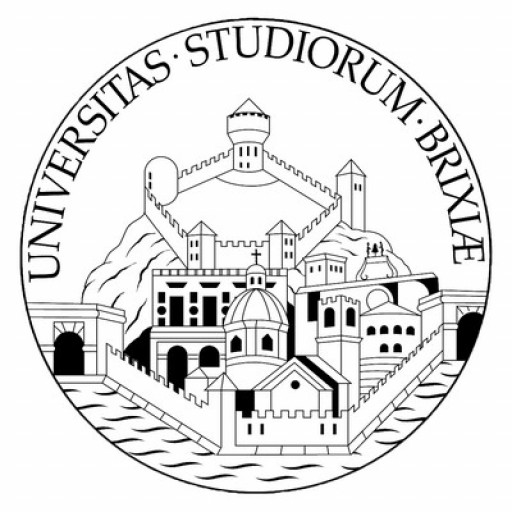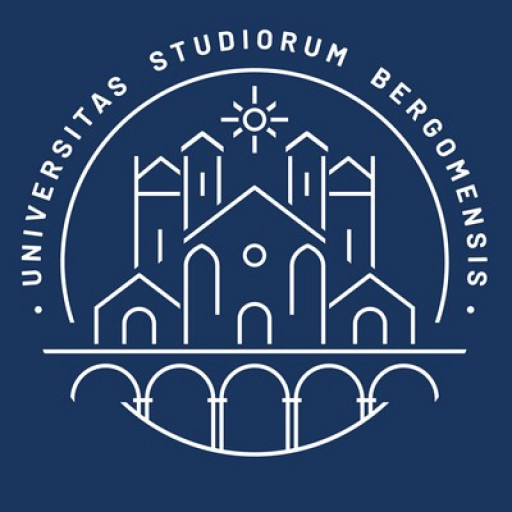The Bachelor’s degree program in Computer Engineering at the University of Paderborn offers students a comprehensive education in the foundational and advanced aspects of computing technology. This programme is designed to equip students with a solid understanding of both theoretical principles and practical skills necessary for developing innovative hardware and software solutions. The curriculum covers core areas such as computer architecture, embedded systems, digital design, programming, algorithms, and data structures. Additionally, students explore topics in software engineering, operating systems, networks, cybersecurity, and data management, preparing them for various roles within the rapidly evolving technology sector.
Throughout the course of study, students engage in hands-on projects, laboratory work, and team-based assignments that foster problem-solving abilities and project management skills. The programme emphasizes interdisciplinary learning, integrating principles from electronics, informatics, and engineering to address complex real-world challenges. Students also have opportunities for specialization in areas such as robotics, artificial intelligence, or high-performance computing, aligning their academic journey with their professional interests.
The University of Paderborn's Computer Engineering program benefits from state-of-the-art laboratories and research facilities, allowing students to gain practical experience in cutting-edge technology development. Moreover, the curriculum is regularly updated to reflect advancements in the field, ensuring graduates are well-prepared for the demands of the industry or to pursue further academic research. Students are encouraged to participate in internships, industry collaborations, and international exchange programs, fostering a global perspective and networks that support future career success.
Upon completion of the Bachelor’s degree, graduates will possess the skills necessary for careers in software and hardware development, embedded systems, telecommunications, cybersecurity, and more. Many graduates choose to continue their education with a Master’s program at the University of Paderborn or elsewhere, specializing further in areas such as computer science, electrical engineering, or information technology. The programme is ideal for students passionate about technology, innovation, and problem-solving, providing a strong foundation for a dynamic and rewarding career in the digital age.
Educational organisation
The programme is organised into the following modules, with an overall workload of 120 ECTS credit points (CP). A module usually consists of several courses:1. Mandatory module in Computer Science (12 ECTS CP)
2. Mandatory module in Electrical Engineering (12 ECTS CP)
3. Elective modules in one focus area (22-26 ECTS CP)
4. Further elective modules (16-20 ECTS CP)
5. Scientific Work Module (6 ECTS CP)
6. Project Group Module (18 ECTS CP)
7. Master's Project Module (30 ETCS CP)
Internships
Internships are not a required part of the Master's programme.Forms of assessment
Oral or written examinationsPractical exercises
Seminar reports and presentations
Master's thesis
Course objectives
You will have excellent career prospects with a Master's degree in Computer Engineering.Computer engineers work in areas as diverse as embedded systems, medicine and communication systems. Besides methodological skills and knowledge in relevant areas of computer science and electrical engineering, successful graduates are also trained in social and professional skills. These include, for example, set-up and management of projects, efficient communication and team-oriented work. With our Master's programme in Computer Engineering, you will acquire skills which will be highly valued in industry, in particular in internationally-oriented enterprises. These skills will also provide you with a solid foundation for PhD research.
Language requirements
Applicants must provide proof of their English skills at level C1 of the European Framework of Reference for Languages, e.g. TOEFL iBT 100, TOEFL (paper-based) 600, Cambridge Certificate of Advanced English (CAE) or British Council IELTS minimum band 7.0Applicants holding a Bachelor's degree from an institution in Australia, Great Britain, Ireland, Canada, New Zealand or the USA do not have to provide proof of their English skills.
Academic requirements
BSc in Computer Engineering or a related subject, general higher education entrance certificate or equivalent and a GRE general testIn some cases when the candidate has not sufficiently covered topics relevant to the Master's programme during the course of his or her Bachelor's programme, we recommend that exams be taken in proposed topics from the Bachelor's programme before admission to the Master's programme.
Enrolment fees
Approx. 270 EUR per semesterCosts of living
800-900 EUR per monthhttps://www.uni-paderborn.de/en/studium/international-office/degree-students/kosten-finanzierung/
Job opportunities
There are many opportunities for students to find employment, either as one of the university's student assistants (for research or teaching) or in one of the many positions outside the university.Arrival support
Please enquire at the university.Services and support for international students
International Office of the Faculty EIMThe Faculty EIM of Paderborn University offers ongoing support before and during the programme:
1. Individual academic advising
2. Welcoming and social programmes
3. Assistance with immigration authorities
Contact:
Hanan Khoja (Ms)
E-mail: hanan.khoja@upb.de
http://www.eim.uni-paderborn.de/IO-EIM
Paderborn University
Pohlweg 51, 33098 Paderborn, Germany
Accommodation
University dormitoryDormitories of the "Studentenwerk Paderborn" (affiliated with Paderborn University)
See: http://www.studentenwerk-pb.de/en/housing/
Application form in English for a residence in a "Studentenwerk" dormitory
See: http://www.tl1host.de/SWPB/wohnheimaufnahmeantrag.html?lang_id=2
Private dormitory
Dormitory of b.i.b. International College: http://www.bib.de/Wohnheim-PB.aspx
Campus Apartments: http://www.campus-apartments-paderborn.de/
Web portals:
Portal of the "Studentenwerk Paderborn": http://www.wohnraum-fuer-studierende.de/startseite/
WG-Gesucht: http://www.wg-gesucht.de
Studenten WG: http://www.studenten-wg.de
Immobilienscout24: http://www.immobilienscout24.de
Nuroa: http://www.nuroa.de/mieten/
Kalaydo: http://www.kalaydo.de/immobilien/










